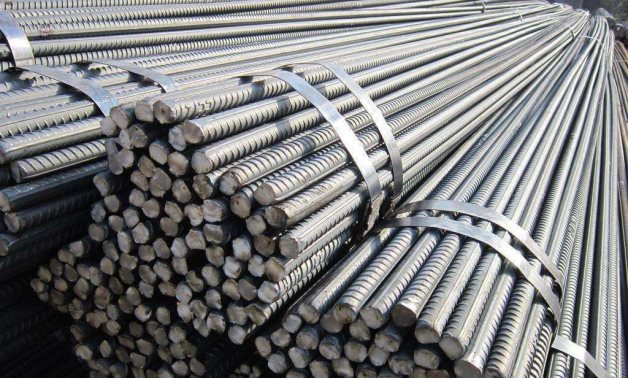
Construction will cost more with the price of imported steel, iron and sanitary ware going up following the government’s move to introduce levies in the just signed 2025 Finance Act.
This is after the government proposed new levies on a range of imported construction and finishing materials in a move aimed at promoting local manufacturing and attracting investment in the housing and steel sectors.
The Act seeks to impose an Export and Promotion Levy of 17.5 per cent on imported iron bars and rods of iron and non-alloy steel—key materials in the construction sector.
MPs had initially pushed for the reduction of the levy to spur the construction sector, but the National Treasury's position seems to have held sway with the rate retained at 17.5 per cent.
“The Bill imposes the Export and Promotion Levy on several goods including ceramic flags, finishing ceramics, wall tiles and sanitary fixtures at 3 per cent; and iron, bars and rods of iron and non-alloy steel at 17.5per cent,” reads the Act signed by President William Ruto on Thursday.
Kenya has been big on imports steel and iron imports with imports from China of Iron and steel hitting $275.23 Million (Sh35.59 billion) in 2023, according to the United Nations COMTRADE database on international trade.
Local manufacturers often rely on imported semi-finished steel to produce goods, as domestic capacity remains limited.
Steel remains one of the most expensive construction materials, edging above the 150 cost index in the Construction Input Prices Indices released by the Kenya National Bureau of Statistics (KNBS).
In addition, under the 2025 Finance Act, an Export and Promotion Levy of three per cent will be imposed on imported ceramic flags, wall tiles, finishing ceramics, and sanitary fixtures.
Sanitary fixtures are plumbing materials designed for sanitation and hygiene, typically found in bathrooms and kitchens.
They include a variety of items like toilets, sinks, bathtubs, bidets, and showers, as well as fixtures like faucets, shower heads, and drains.
According to the government, the measures are designed to reduce reliance on imports and create a more favourable environment for local industries to grow and meet domestic demand.
The government says it expects the policy shift to enhance job creation and support the ongoing affordable housing agenda.













